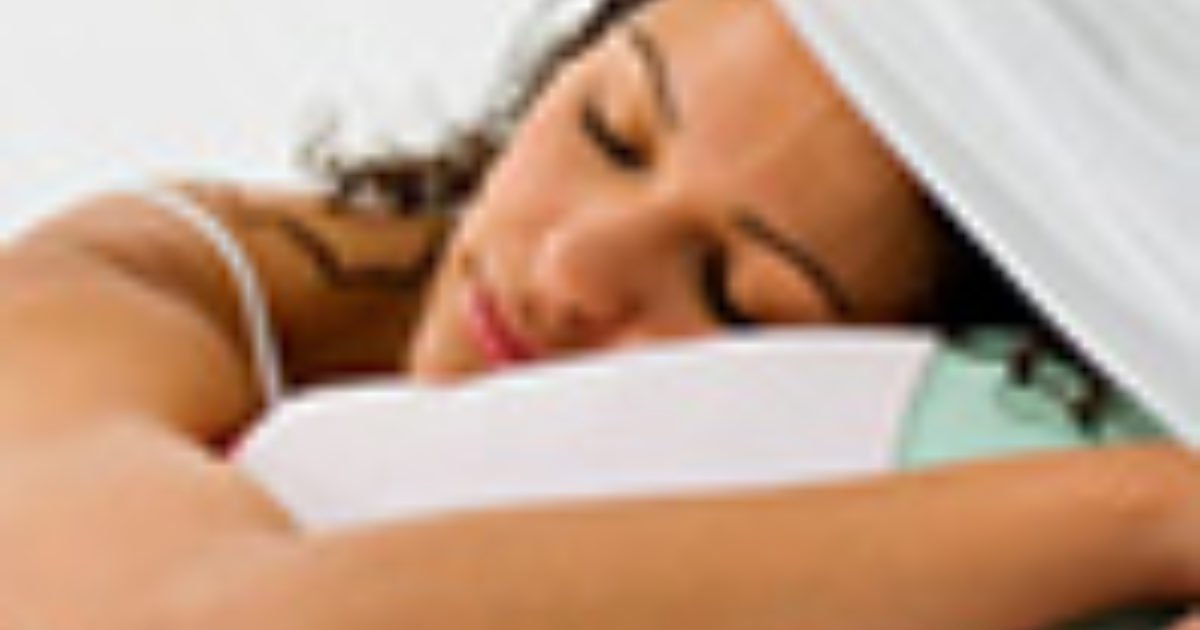We all know we have to sleep, and a lot of the time, we do it without even thinking about it – it just can’t be helped. So you might think that you understand all there is to know about sleep and that you don’t need to sleep better – after all, sleep is sleep, isn’t that right?
The truth is that there are different types of sleep, ranging from poor to excellent. If you want to be at your best and feel good, it’s an excellent night’s sleep that you should be aiming for. To help you, we have put together a list of some of the biggest myths about sleeping so you can make the necessary changes to your life and bedroom to ensure you sleep well. Read on to find out more.
Your Bedroom Should Be Warm And Cozy
It makes sense to assume your bedroom should be a warm and cozy place, which would mean you get a better night’s sleep, but this is a myth that might be causing you problems. If your bedroom is too warm when you go to bed, your body temperature doesn’t drop as it needs to before sleep. This means that less melatonin is produced, and since this is the chemical that makes your body ready to sleep, you can see how this would be a problem.
It’s much better to keep your bedroom cool as this will mean you sleep more deeply and for longer, which is good for your mental and physical health. The ideal temperature is around 60 to 67 degrees Fahrenheit. This will be easier to achieve in some places than others. If you live somewhere warm or just want to keep your bedroom as cool as possible, it’s wise to invest in air conditioning without external unit to get the right temperature and for security.
Your Brain Shuts Down When You Sleep
Another sleep myth is that the brain shuts down entirely when you go to sleep. This makes sense; sleep is when the body repairs itself, so you might assume it’s also when the brain can get some rest.
This is not true, however. The reality is that if your brain shut down, you would stop breathing, your heart would stop beating, and no other bodily functions would take place either – you certainly wouldn’t be ‘repaired’.
Our brains can never shut down entirely; when we sleep, they are just as active as when we’re awake. They might even do more. Sleeping means the brain can cycle through the different stages of sleep, and in doing so, it effectively purges itself of anything it no longer needs. So while we rest, the brain is busy cleaning up and making sure the right resources are sent to the right places within the body.
Remembering Your Dream Is A Sign Of A Good Night’s Sleep
Almost everyone has multiple dreams each night, but usually, we don’t remember any of them. They occur during REM sleep when the brain is purging itself, as mentioned above, and they are a combination of old memories and new thoughts that the brain is working through. They are generally instantly forgotten; they’re a waste product and unimportant.
The only time when a dream is remembered is when someone wakes up during the REM cycle. This can happen naturally, or it might be that your alarm has gone off, for example. In this case, the dream won’t have had time to fade and be discarded, so you’re more likely to remember it. It doesn’t mean that you had a good night’s sleep, and it might actually indicate that you slept poorly since you hadn’t cycled through all the parts of sleep before waking.
You’ll Sleep Better After Drinking Alcohol
If you have ever drunk a fair amount of alcohol or you know someone who has, you’ll notice that you fall asleep very easily, and it can be difficult to wake up. This is why the myth of sleeping better after drinking an alcoholic drink has grown up. However, the truth is that although sleep does happen more quickly, sleep quality overall is much worse when someone has drunk alcohol.
This is because the alcohol inhibits the brain’s work, and it might not manage to cycle through all the sleep stages. Sometimes, it will get stuck on one stage for too long or skip others altogether and do everything out of order. So not only will you wake up feeling bad due to the alcohol, but you’ll also feel bad due to a lack of quality sleep.
